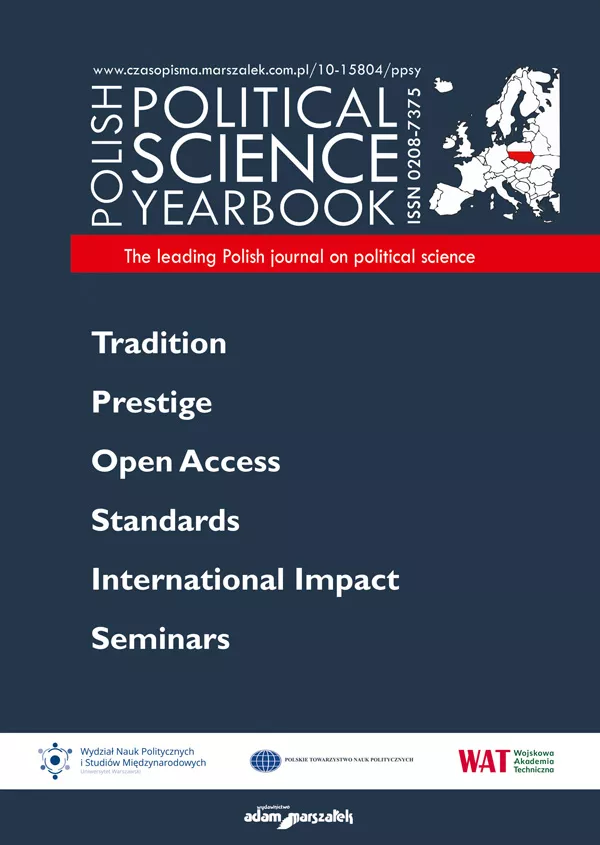The Round Table in 1989 – Consequences and Evaluation
The Round Table in 1989 – Consequences and Evaluation
Author(s): Wojciech Polak, Sylwia Galij-SkarbińskaSubject(s): Politics, Political Theory
Published by: Wydawnictwo Adam Marszałek
Keywords: “Solidarność”; round table; contracted elections in Poland; Tadeusz Mazowiecki cabinet
Summary/Abstract: The agreement of the round table signed on April 5, 1989, resulted in the creation of the government of Tadeusz Mazowiecki (September 12, 1989) and the end of communist rule in Poland. However, it should be pointed out that the agreement of the round table is currently often criticized. It is claimed, among other things, that the agreement was a form of “unification of the elite” (the term Jack Kuroń) to obtain financial and political benefits. As a result, the mixed communist-solidarity elite has taken over power in the country, guided solely by their own interests. It is also stressed that the contract has enabled the Communists to retain enormous influence in the special services, state administration, various institutions, the economy, and finance. On the other hand, these irregularities have been attributed to the solidarity elites who consider the round table agreements to be persistent. Other parts of the solidarity elite treated the round table exclusively as tactical action to take power away from the Communists.
Journal: Polish Political Science Yearbook
- Issue Year: 50/2021
- Issue No: 3
- Page Range: 149-156
- Page Count: 8
- Language: English

